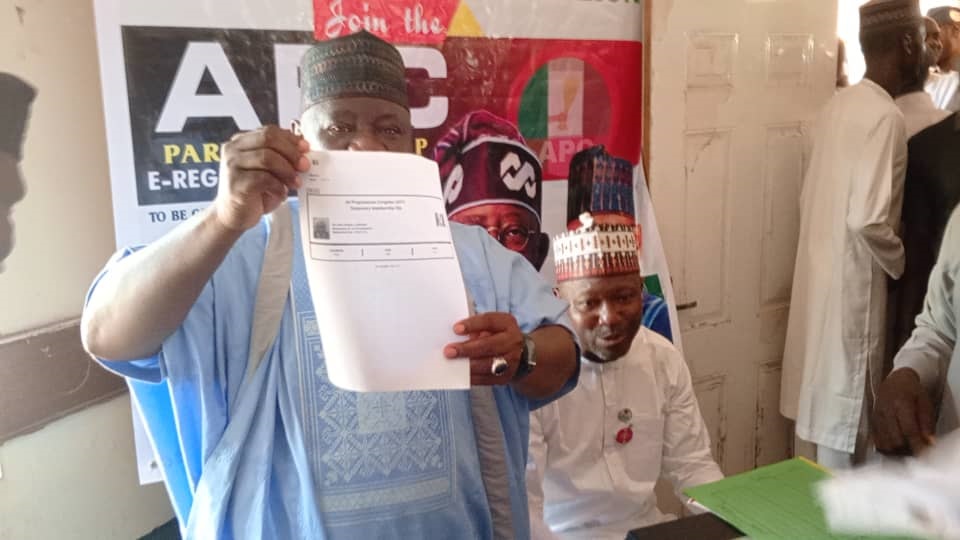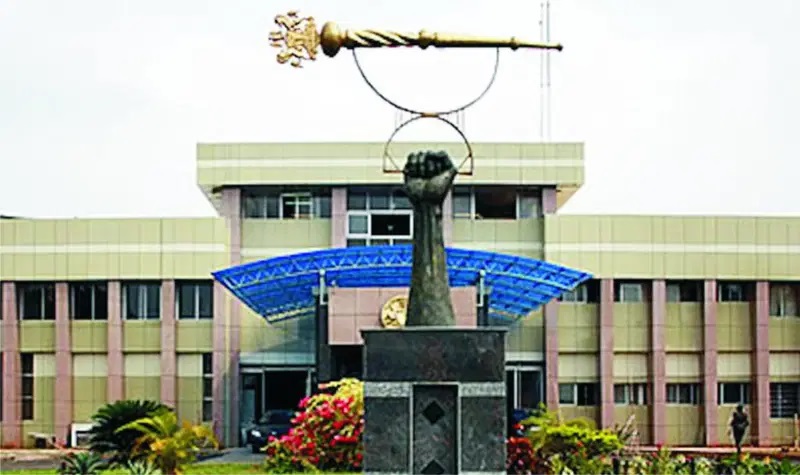As the U.S. presidential election approaches, anxiety among voters is palpable.
Danielle Trenney, a 39-year-old project manager from western Pennsylvania, has taken a unique approach to alleviate her family’s stress: she put up a Christmas tree early this year. This sentiment is shared by many in Bellevue, a Pittsburgh suburb that has become a focal point for both Democratic candidate Kamala Harris and Republican candidate Donald Trump in a tightly contested race.
Voter frustration is a common theme. Sixty-eight-year-old retired graphic designer Bunecke, a Trump supporter, expressed her desire to escape the relentless political advertisements and polling calls flooding her in Pennsylvania, a critical battleground state.
In recent interviews, Reuters spoke with over 50 voters across seven key competitive states, revealing an electorate deeply unsettled by the impending election. Many expressed worries about the potential consequences of their candidate losing, the likelihood of civil unrest, and the widening political divide in the country.
To cope with these anxieties, individuals are turning to various methods of stress relief. Some find solace in religion, yoga, swimming, or weightlifting, while others disconnect from technology, seeking refuge in books or nature walks. Lynn Nicholson, a 72-year-old Harris supporter from Marietta, Georgia, mentioned, “I wish my smartphone were smart enough to know I’ve already voted,” as she enjoys gardening and photography to escape the overwhelming barrage of campaign ads.
Todd Harrison, a 49-year-old pest control specialist in Canton, Georgia, who leans towards Trump, noted that he has stopped watching sports due to the influx of political commercials. “The closer I get to the election, the madder I get,” he admitted.
Concerns about post-election scenarios are widespread, particularly if Trump loses. Many voters fear legal battles, protests, and even violence. Trump has claimed that Democrats can only win through cheating, while Harris has prepared to challenge him if he prematurely declares victory.
Sherry Gay-Dagnogo, a 57-year-old Harris supporter from Detroit, voiced her fears about the potential for violence stemming from Trump’s inflammatory rhetoric. “It’s like he’s igniting a base of violence in advance,” she expressed.
Conversely, Lillian Hall, a 68-year-old former teacher from Hendersonville, North Carolina, who supports Trump, worries about the potential for riots if Harris wins, stating, “I think there’ll be anger like we’ve not seen yet if Trump wins.”
A recent Reuters/Ipsos poll highlighted these concerns, revealing that 74% of registered voters anticipate possible extremist violence following the election results. Alarmingly, 90% of Democrats surveyed expressed this fear, compared to 64% of Republicans and 77% of independents.
In response to their anxieties, some voters are channeling their energy into grassroots efforts to mobilize support for their preferred candidates. Eighty-five-year-old Shirley Easton from Tucson, Arizona, who described herself as “scared out of my mind,” has been actively mailing postcards to encourage others to vote for Harris. Her concern for her granddaughters deepened after the Supreme Court overturned Roe v. Wade in 2022, leaving her worried about their future.
Similarly, Lisa Fields, a 60-year-old marketing professional, traveled from Manhattan to canvass for Trump in Delaware County, a crucial Philadelphia suburb. She hopes for unity and peace, regardless of the election outcome, stating, “We need to come together for the greater good.”
Other voters, however, are attempting to disengage from the political fray entirely. Jean Thomson, a 63-year-old executive coach from Marietta, Georgia, who supports Harris, discards political flyers without a second glance and finds tranquility in meditation and nature.
As Election Day approaches, many voters are bracing themselves. Fifty-five-year-old Gillian Marshall, a Lyft driver in Scottsdale, Arizona, plans to watch the results with a glass of wine and some anxiety medication, echoing a widespread sentiment: “I just want this nightmare to be over.”
As the nation navigates this turbulent election season, it remains clear that the emotional toll on voters is significant, reflecting the deep divisions and uncertainties that characterize American politics today.





